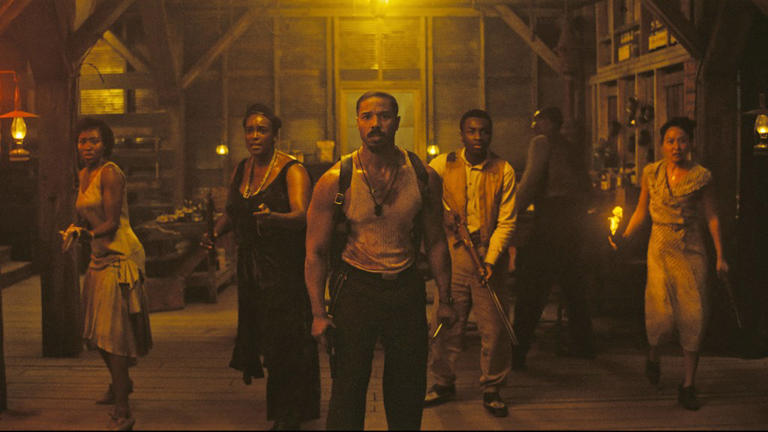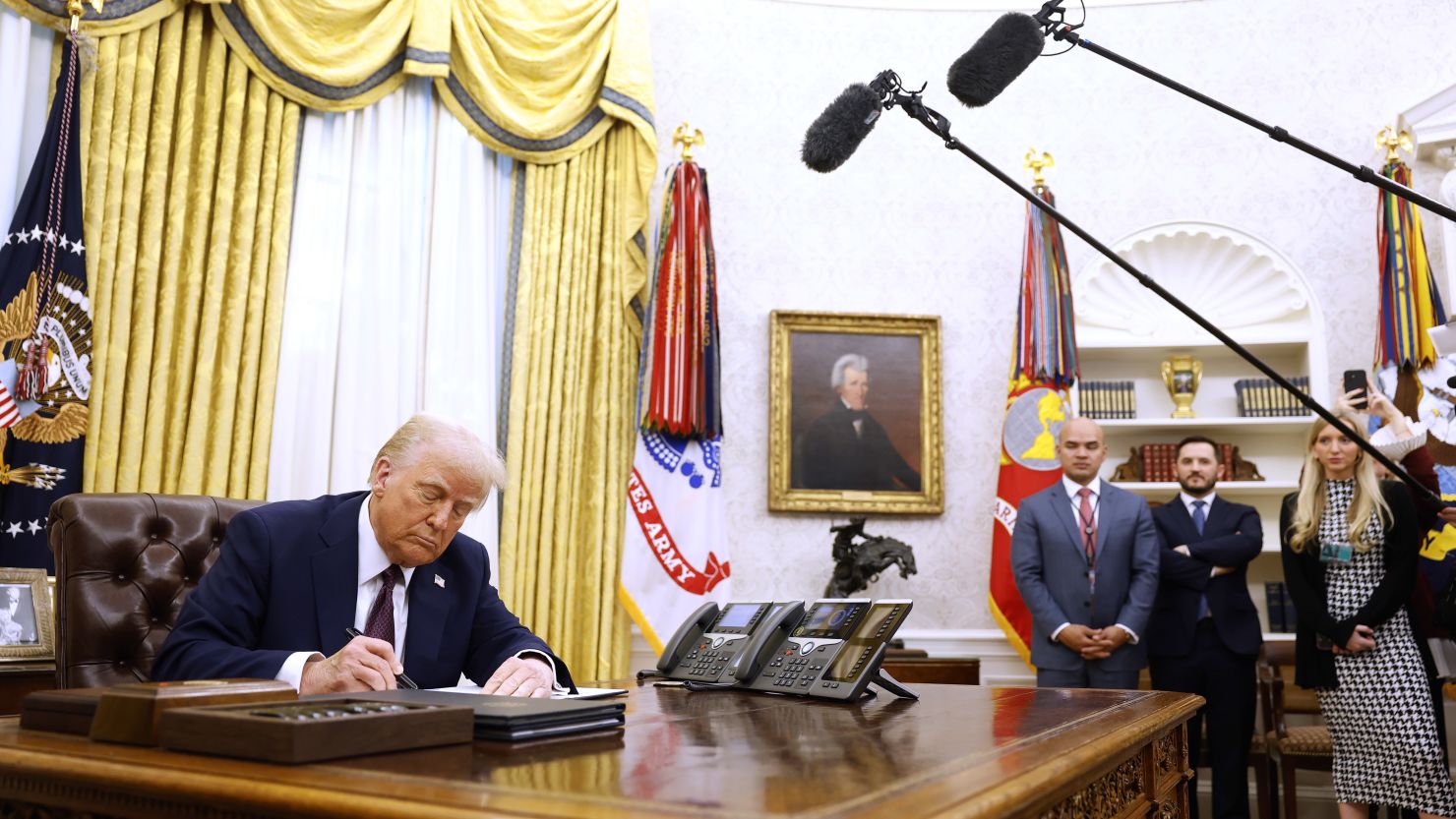
Government has opened a two-month public consultation process on its proposed principles and safeguards on Assisted Voluntary Euthanasia, with only those who meet the criteria of having an incurable, irreversible terminal illness expected to cause death within six months would be eligible under the proposed safeguards.
Parliamentary Secretary for Equality and Reforms Rebecca Buttigieg announced the government’s proposed principles and safeguards in a press conference Wednesday, explaining that these proposals are a basis for a discussion the government wants to have with the country.
The public consultation will be opened until 2 July, and government will also be holding three community meetings on the matter, to be held in Fgura, Mosta and Gozo.
Buttigieg said that as per the proposed safeguards, the request for assisted voluntary euthanasia must be made by the patient who is suffering a terminal illness themselves – and no one else, and a patient cannot be offered the option of euthanasia by the medical practitioner – that itself will be considered a criminal offence.
She also emphasised that nobody could try to influence a patient to go down the euthanasia route.
A patient has to be 18 years of age, and have been a resident of the country for at least 12 months, to avoid commercialisation of the regulatory framework, as in other countries.
The patient must have a terminal illness which will terminate their lives in the following six months.
“It would not be a question of if the patient might die, it will be a question of when the patient will die,” Buttigieg said.
She said that under no circumstance can euthanasia be requested due to old age or any illnesses from old age, disability, or mental health conditions.
Buttigieg said that the option for assisted voluntary euthanasia must never be offered by medical professionals, instead, they must always offer all options for palliative care.
“If a medical practitioner offers this option, we are proposing that we make this into a criminal offence, to reinforce the ideal that this option is not ‘the easy way out,’ but an option for those at a stage in life where they are only suffering,” Buttigieg said.
Once a person makes a request, there would be a one-week cooling off period for the patient, and then, government is proposing that three professionals evaluate the request.
One would be a specialist in the patient’s condition, who would be able to certify that that terminal illness is indeed irreversible and incurable, another medical professional to confirm the first certification, and a psychiatrist to evaluate the mental state of the patient, and determine that the request is being made on the person’s own will.
If all three agree on the criteria, government is proposing that the request is then transferred to a regulatory board chaired by an ex-judge and composed of both medical and legal professionals due to the sensitivity of the topic.
The board will evaluate the request, and will discuss it with all medical professionals and the patient themselves to assure all criteria are met and satisfied.
Buttigieg said that if the Board determines or suspects abuse, even that another person had offered the patient assisted voluntary euthanasia, the Board will reserve the right to report this.
Once the request is approved, the patient may change their mind at any point in time in the process, having the faculty and right to do so.
Buttigieg said that due to the sensitivity of the matter, the Board would be tied to a timeline, and must decide whether to approve or reject within two weeks since it receives the request of assisted voluntary euthanasia.
She continued that the process can only be done in a government hospital, or in the patients’ private residence, to avoid commercialisation.
Buttigieg said the process would be done in the presence of a medical professional, but the patient themselves would administer the fatal dose.
She said that medical professionals have the right not to participate in the process leading to voluntary assisted euthanasia based on their conscientious objection, but they are obliged to refer the patient to another medical professional.
As part of this public consultation, government is also proposing introducing the right to create an advance directive or, “living will.”
Buttigieg said that this would not grant a right to request assisted voluntary euthanasia unless all eligibility criteria are met, but rather through a living will, a mentally competent individual, following consultation with a trusted medical professional, can formally declare what types of treatment they wish or do not wish to receive for certain future medical conditions.
This living will will be accessible by family members and the government’s myhealth system in case something happens to the individual where they would be rendered unconscious.
Buttigieg said that the government’s thought is to have a mature discussion on the principles and safeguards of the matter.
She clarified that this is not a legislative bill being put forward, and certain details, such as a possible list of medical conditions are not currently included, as government will be listening to feedback from the public consultation process.
In preparation for this public consultation, a technical committee composed of legal and medical professionals were appointed to analyse the most ethical practices of countries that have laws regulating assisted voluntary euthanasia, Buttigieg said.
The document with the government’s principles and safeguards can be accessed on www.facts.gov.mt, where public feedback is greatly encouraged.












